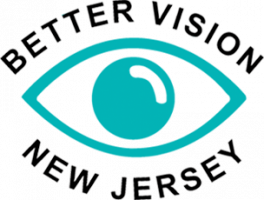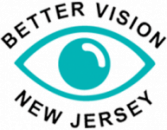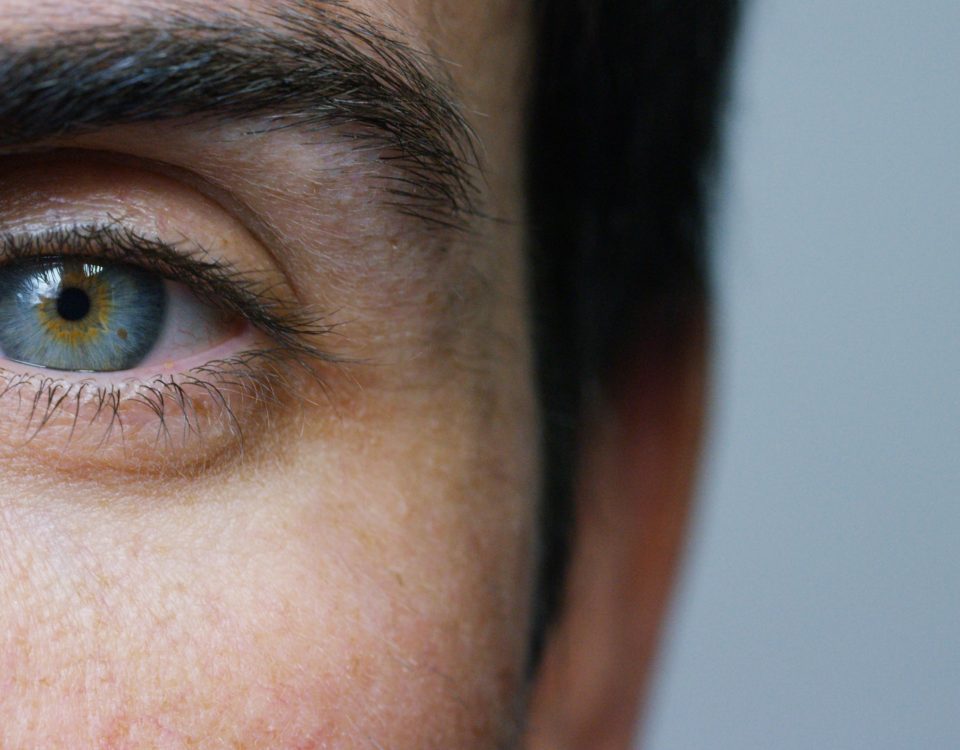Contact Lenses vs. Glasses: Which is Right for You?

Treating Glaucoma: Know Your Options
01/08/2020
What is 20/20 Vision?
02/07/2020Often, the first question people ask once they are diagnosed with a refractive issue is whether they should choose contact lenses or glasses. While many people choose glasses to begin with and graduate to contact lenses later on, it’s important to fully understand your options so you can make an informed decision based on your lifestyle and vision needs. Here’s what you need to know about the different types of corrective lenses and the benefits they offer!
The pros and cons of glasses
Of the 75% of people in the United States who require vision correction, about 64% wear glasses. Glasses technology has evolved tremendously since its inception. While glasses used to be heavy and thick, they now come in a variety of styles, colors, and shapes—made with light, ergonomic materials for comfortable all-day wear.
In addition, glasses offer more protection to your eyes than contact lenses and can better control the amount of light entering the eye. To double up on protection, you can also opt for photochromic lenses that guard against harmful UV rays. However, depending on your lifestyle, physical activities, and hobbies, glasses might not be the perfect fit for you.
The pros and cons of contact lenses
Contact lenses are worn on a regular basis by 45 million people in the United States, and can be a great choice for those who lead active lifestyles. In order to wear contact lenses, you must be dissatisfied with glasses. Contacts require additional cost and effort on the user, so being motivated to take proper care of your contact lenses and eyes is very important.
With contact lenses, there’s no need to worry about your glasses flying off or sliding down during activities like sports, dance, and yoga. Plus, contact lenses do offer the benefit of obstruction-free peripheral vision, which is sometimes hard to obtain with glasses. However, they also require far more care than glasses. You will require an initial contact lens fitting where you will learn proper contact lens usage, including insertion, removal, and daily hygiene. In addition, each year you will need an annual reevaluation to ensure proper fit and evaluate the condition of your ocular surface.
Unfortunately, most contact users fail to practice proper contact hygiene and risk serious eye infection. For this reason, contact lenses are not recommended for young children or those who know they will neglect contact lens instruction and care. And, if you wear contact lenses, you NEED to also have a pair of functioning glasses on hand in case you experience any problems with your contacts (pain, discomfort, redness, lost contacts, etc.).
Ready to schedule an appointment?
Regardless of the type of eyewear you opt for, we are ready to help you with all of your eye care and vision correction needs. To schedule an appointment, call one of our offices today—Cranford: 908-276-3030 or Westfield: 908-232-3435.




